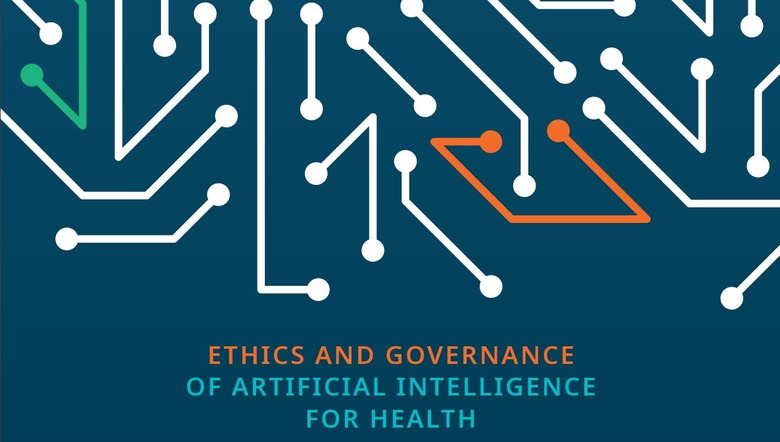WHO Guidance Details The Benefits And Risks Of Adding AI To Healthcare
The World Health Organization has published new guidance on the use of artificial intelligence in health, something that took experts across multiple fields 18 months to debate. WHO acknowledges this technology offers many benefits to the healthcare industry, including when it comes to diagnosing tricky illnesses, but there are also some big issues that need to be addressed.
We've seen increasing studies and trials on the use of AI-based software and systems in healthcare settings. These systems can, at times, exceed humans when it comes to things like spotting early signs of cancer in scans and help guide the development of novel treatment options. Beyond that, this tech can also be used for surveillance purposes in, for example, regions where disease outbreaks at common.

In addition to the benefits, WHO points out there are "ethical challenges" when it comes to deploying this tech in health care. These include everything from potentially viewing AI as a "magic bullet" to the detriment of safe treatment all the ways to increasing stigmatization of some people by predicting they're likely to develop or contract certain diseases.
The guidance, which is 165 pages long, covers a variety of topics to address these potential problems, including discussion on liability when AI is used in health care, how data should be managed, things that should be considered when it comes to regulations, as well as six "key ethical principles" when it comes to using this tech.
Those key principles, each of which is detailed in the guidance, include things like protecting patients' autonomy, using AI to promote safety, well-being, and public interest, as well as ensuring equity and inclusiveness, promoting tech that is sustainable, and making sure to uphold transparency and explainability.
The guidance offers an interesting look at some of the benefits and issues artificial intelligence can introduce to society, particularly, in this case, when it comes to healthcare. The findings underscore the benefits we may all reap from the use of AI to diagnose, treat, and predict health problems, but also the ways it can make life more difficult, particularly for people who are already marginalized.
